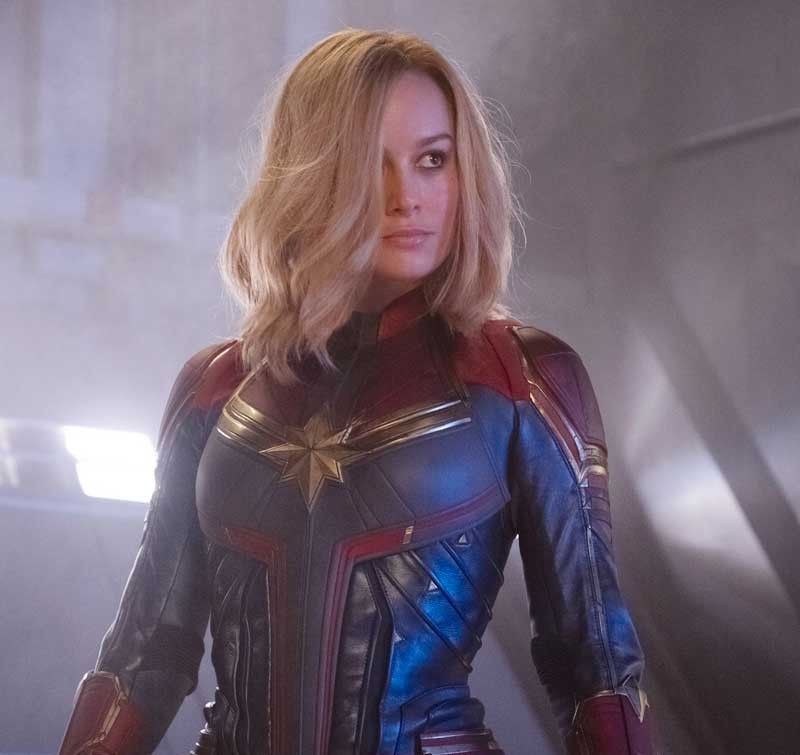Why you shouldn’t skip ‘Captain Marvel’

Marvel Studios‘ first female-led superhero movie is essential viewing for understanding the Marvel Cinematic Universe.
MANILA, Philippines — For Marvel Studios, the challenge with Captain Marvel is clear. The film steps so far out of the Infinity War heartbreak — even more so than 2018’s Ant-Man and The Wasp — that the stakes run higher than any other movie in its cinematic universe. Not, of course, that anything will let you down more than Thor: The Dark World, but after hitting so many home runs, you can imagine even MCU mastermind Kevin Feign stopping to take a few deep yoga breaths at the possibility of kids walking out of the theater asking, Okay, but what happened to Spider-Man?
There’s a lot riding on Captain Marvel, easily because there are so many things working against it. Captain Marvel is set in the ’90s (something its soundtrack and styling are very intent on making you understand), around a decade before the very first MCU film Iron Man. In terms of timeline alone, it doesn’t have the technological and visual world-building that has made so many of their films, most notably Best Picture nominee Black Panther, a success. (High-ranking intelligence officer Nick Fury uses a pager in this one, for god’s sake.) Plenty of Marvel films have found their way around that to resounding success — Captain America hit its stride in classic superhero storytelling and military dad jokes; Guardians of the Galaxy was held together by a meticulously thought out playlist and its emotional underpinnings — but this leaves Captain Marvel and her place in the MCU as either a cliché or a question mark. In summary: she’s a human brought up as a weapon of an alien race, she’s a rogue soldier, and she has no understanding of the full breadth of her powers. We’ve heard all of that before.
But the whole point of the movie is to go with the question mark. As confusing as the film can be, it only mirrors Danvers’ own journey into figuring out what’s going on inside her — the fact of which is more prophetic about future MCU movies than anything else. She is, after all, set to inherit the “Cap” mantle, expanding the franchise into deep space. (The Kree-Skrull War is only the beginning — expect more alien races to metaphorically teach lessons about acceptance and peace that parallel our own reality.) In fact, the bonus scene at the end will only underline how far away Captain Marvel is in terms of not only power, but in their debt and responsibility to worlds that aren’t their own. She’s the future — and it looks like the future is in good hands with that photon blast.
And of course, there’s the elephant in the room. This is Marvel’s first female superhero standing alone in a movie that bears her name, which means that the field of comparison is the question that started sliding into my DMs after posting about the screening: “Wonder Woman or Captain Marvel?” On a very basic level (I have a word count today), Wonder Woman is the kind of superhero you grow up with — pinnacle of beauty and strength, kind to children and old people, blah blah blah — but truthfully, Captain Marvel is the superhero you and I would actually become had we (and I’m expertly maneuvering around a spoiler here) gone through the same thing as Carol Danvers. Except, of course, you and I wouldn’t sidestep an important issue on sexuality by reducing someone to her “best friend,” but hey! That’s us. Watch Captain Marvel, anyway.















